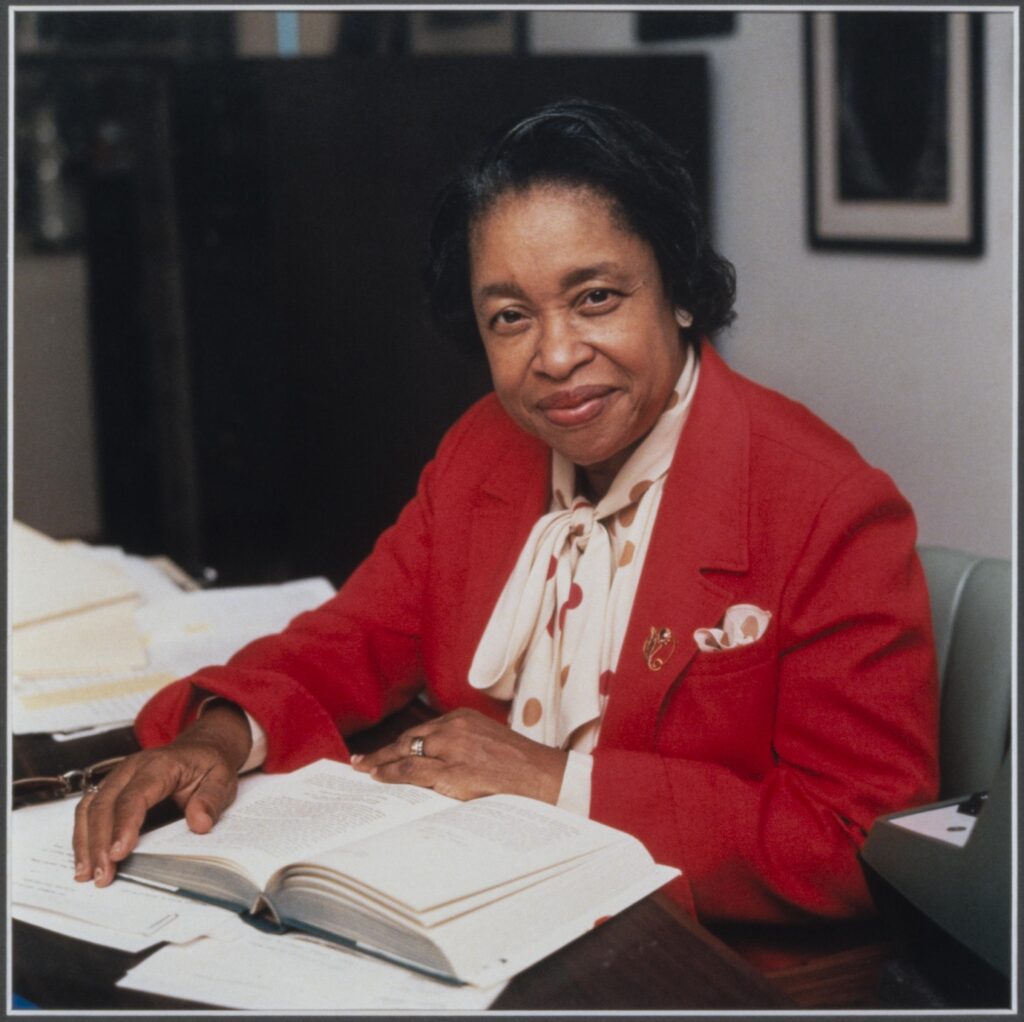Note: If you wish to receive, via e-mail, (1) my weekly newsletter or (2) daily copies of these posts, write to me at rrbates1951@gmail.com. Comments may also be sent to this address. I promise not to share your e-mail with anyone. To unsubscribe, write here as well.
Wednesday – Juneteenth
In observance of Juneteenth, the now official holiday celebrating the ending of slavery in the United States, here’s a powerful Margaret Walker poem expressing appreciation for Martin Luther King. First, however, I share a strange connection that my hometown of Sewanee, Tennessee has to the events that transpired in Texas back in 1865.
I grew up surrounded by Kirby-Smiths, who were descendants of the last Confederate general to surrender to Union forces. Our obstetrician, our surgeon, my seventh-grade English teacher, and one of my best friends were all descendants. There was even a Kirby-Smith monument in the middle of town which, mercifully, was finally renamed—and the plaque taken down—a few years ago. First branded a traitor and then receiving a pardon, Kirby-Smith came to Sewanee to become a math professor at the newly opened University of the South.
Kirby-Smith had surrendered in Galveston on June 2, 1865, and it was in Galveston 17 days later where Major General Gordon Granger arrived to inform the slaves that they were all free. Although Robert E. Lee had surrendered at Appomattox on April 9, news traveled slowly in those days. Kirby-Smith had been in fact cut off from the rest of the Confederacy ever since Ulysses S. Grant captured Vicksburg in 1863, which meant that parts of Arkansas, Missouri, Texas, and western Louisiana became their own department, known as Kirbysmithdom.
Our featured poet today was born in 1915 in Birmingham, Alabama. In 1963, in response to Martin Luther King’s “I Have a Dream” speech, she wrote the following in which she compares King to the Hebrew prophet Amos. As King was well aware, social justice was Amos’s central mission, and the prophet didn’t hesitate to call out anyone who trampled on the poor. At one point in her poem Walker quotes from his angry words:
You have sold the righteous for silver
And the poor for a pair of shoes.
My God is a mighty avenger
And He shall come with His rod in His hand
Even if you don’t know about Amos, you’ll recognize the line that shows up in King’s speech. It was a line that buoyed oppressed Israelites in Amos’s time and it has buoyed millions ever since it was delivered from the steps of the Lincoln Memorial:”Let justice roll down like waters, and righteousness like an ever-flowing stream.”
Here’s the poem:
Amos, 1963
By Margaret Walker
Amos is a Shepherd of suffering sheep;
A pastor preaching in the depths of Alabama
Preaching social justice to the Southland
Preaching to the poor a new gospel of love
With the words of a god and the dreams of a man
Amos is our loving Shepherd of the sheep
Crying out to the stricken land
“You have sold the righteous for silver
And the poor for a pair of shoes.
My God is a mighty avenger
And He shall come with His rod in His hand.”
Preaching to the persecuted and the disinherited millions
Preaching love and justice to the solid southern land
Amos is a Prophet with a vision of brotherly love
With a vision and a dream of the red hills of Georgia
“When Justice shall roll down like water
And righteousness like a mighty stream.”
Amos is our Shepherd standing in the Shadow of our God
Tending his flocks all over the hills of Albany
And the seething streets of Selma and of bitter Birmingham.
King’s speech was delivered almost a century after Texas slaves learned they were free, sad evidence that the arc of history, while it may bend toward justice, bends with excruciating slowness. Walker, however, is heartened to see it bending.


